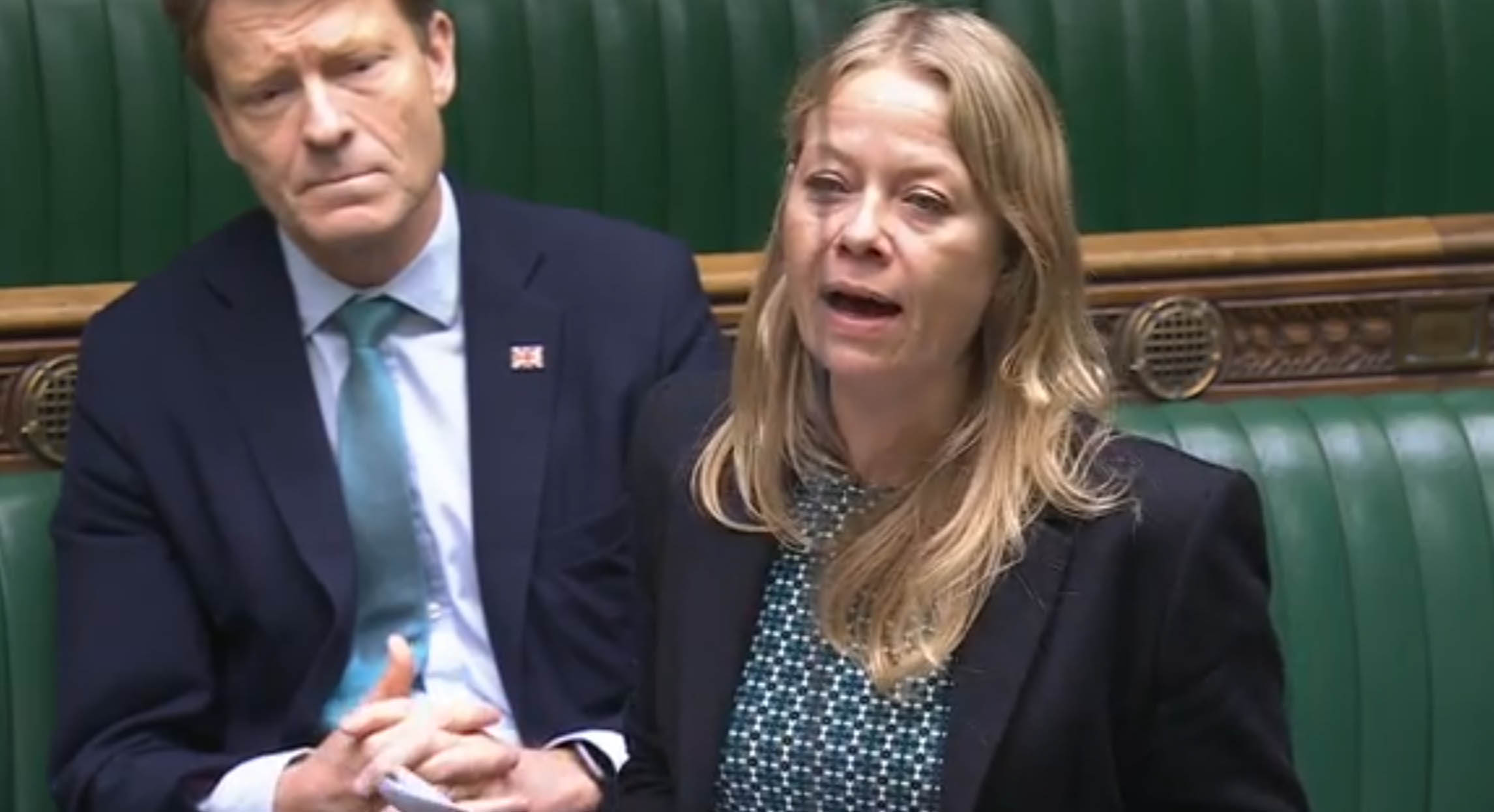 Visual artists and even pop stars could face prosecution under new British legislation, writes John Ozimek
Visual artists and even pop stars could face prosecution under new British legislation, writes John Ozimek
Collectors looking to make a fast buck by investing in erotica had a nervous awakening this morning. And fans of Madonna were left wondering whether they would need to mutilate one of her most famous books.
The Criminal Justice Bill, which received royal assent today, includes new laws on ‘extreme pornography’. This makes it illegal to possess images that depict ‘explicit realistic extreme acts’ that are also ‘grossly offensive, disgusting or otherwise of an obscene character’. The penalty, if found guilty, is up to three years in prison.
Supporters claim that the target of the bill is very clear. Others are not so sure.
Sex, by Madonna, caused controversy on its publication in 1992. It was shot by respected photographer Steven Meisel. But critics accused it of including hardcore images of sado-masochism and even bestiality. In one photo, Madonna appears threatened by a knife. In another she appears in a sexually suggestive pose with a dog. Sex was banned in Japan.
Up to 100,000 copies may still be owned in the UK. Mint copies of this work are being traded for up to £700 on Amazon.
Confusion reigns. A barrister with expertise in this area argues that at least one of the images in Madonna’s book could pass all three tests set by the new law.
‘There has always been a grey area between art and pornography. For the first time, owning a book could land you in jail’, she added.
London lawyer John Lovatt, who advises on the Law and sexuality, is not so sure. ‘Personally, I do not think Madonna’s work would be criminal within the meaning of the new Act.
‘But this law is uncharted territory and will remain so until we see how the courts — and juries — interpret it.
‘If individuals wish to be 100 per cent safe, then they need to err on the side of caution. There are many books it would be safer to mutilate — or destroy altogether.’
His advice to collectors is therefore very simple: ‘be careful. It’s not worth going to jail for a coffee table adornment’.
Christopher Ball, co-founder of the Association of Erotic Artists said that this law was already worrying many serious artists.
It has been suggested that works by photographers as respected and varied as Robert Mapplethorpe, China Hamilton or Jan Saudek could fall foul of this new legislation.
According to Mr Ball, ‘Many people are scared. They are either changing the focus of their work — or going underground.
‘This is just going to make a part of the artistic community that much more secretive. In the end it will make policing this area far more difficult.’
However, John Beyer, Director of Mediawatch-Uk feels these concerns are over-done. ‘This is scare-mongering by those opposed to any constraints on obscenity’, he said.
‘The problem of extreme pornography has arisen because the flawed Obscene Publications Act has been a failure. Confusion prevails because prosecution guidelines are maintained in secrecy by the Crown Prosecution Service.’
In apparent agreement with opponents of the new law, he adds: ‘It is important for there to be clear divide between what is legal and what is not. People need to know.’
He feels the new law provides a degree of clarity on extreme material. ‘But there may be a need for an amnesty, during which the public are able to hand in any material that could be considered a crime to possess. The last thing anybody would want is for the police to be raiding people’s homes.’
In a separate development, opponents of the new law burnt images outside the British Library before going on to mount a demonstration in Parliament Square.
Spokeswoman Clair Lewis said: ‘This law is a step too far. It is not the business of government to police the bedrooms of consenting adults. We cannot conduct our sex lives on the basis of ringing for legal advice every time we open a book.’




